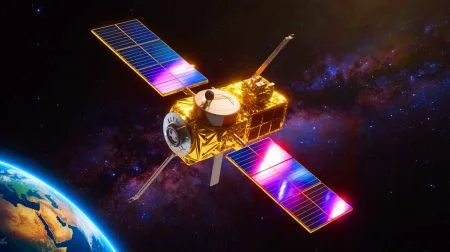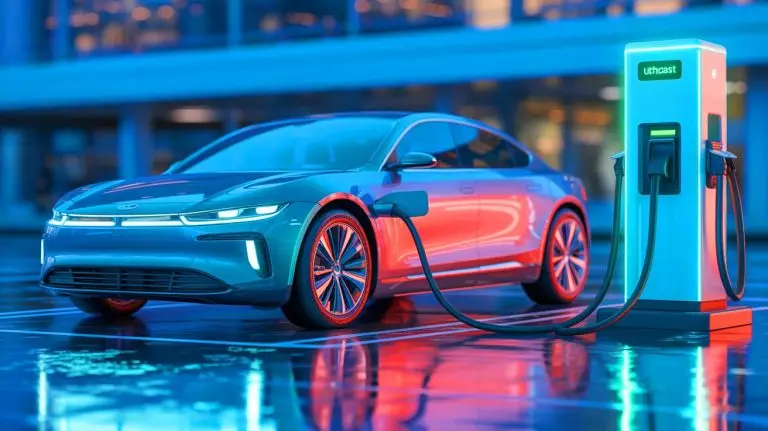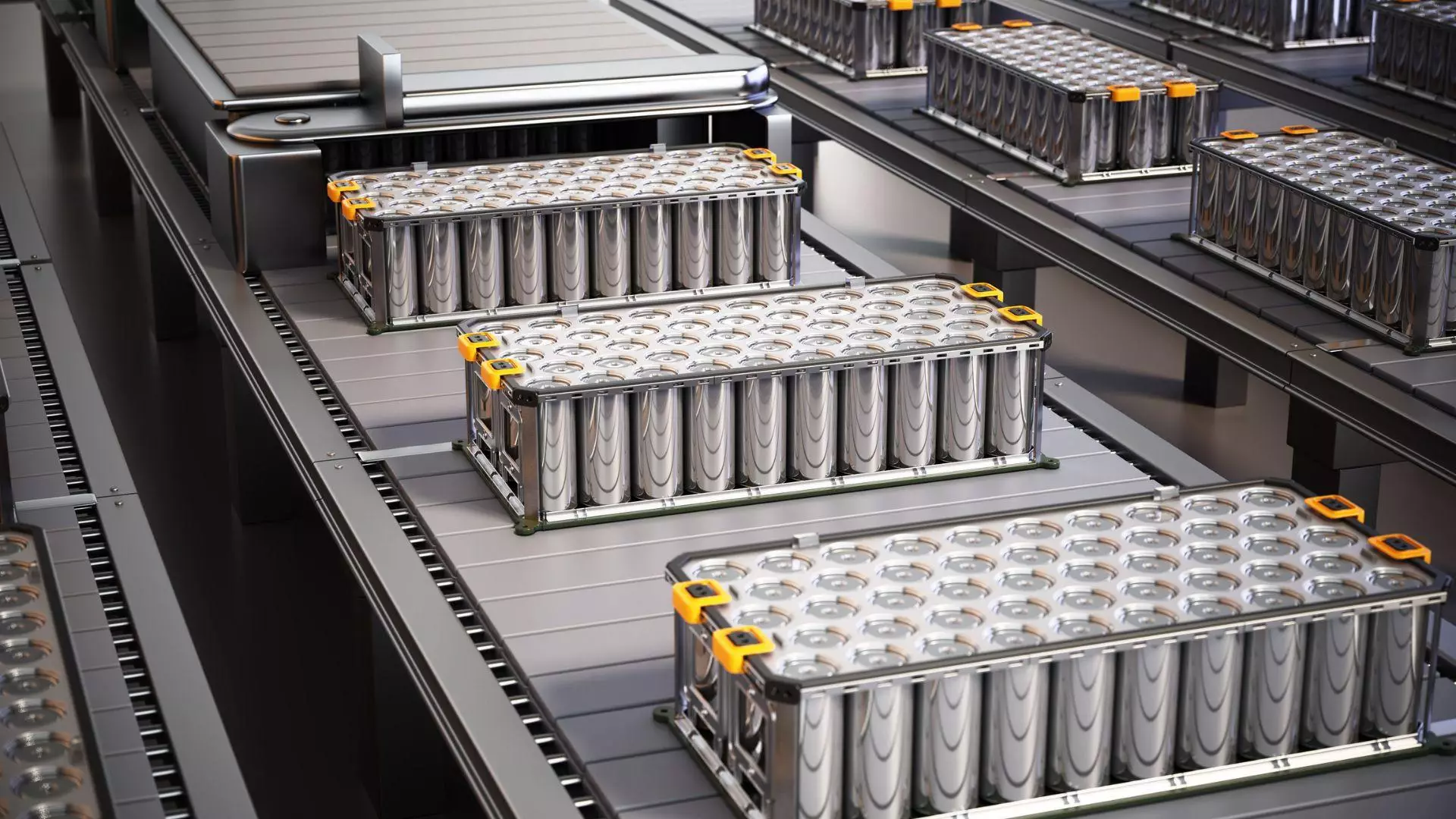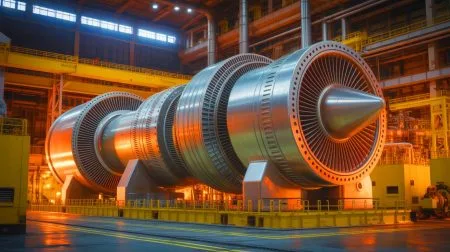| IN A NUTSHELL |
|
In recent years, the push towards sustainable transportation has propelled electric vehicles (EVs) into the spotlight. With advancements in battery technology, range anxiety is no longer a primary concern for potential EV buyers. However, as manufacturers race to match the convenience of fossil-fuel-powered vehicles, the introduction of ultrafast charging has stirred up a new set of challenges. While this innovation promises to make EVs more attractive by reducing charging times dramatically, it also poses significant risks to the longevity of EV batteries. This article delves into the complexities surrounding ultrafast charging, its impact on different stakeholders, and the potential solutions to these emerging issues.
The Rise of Ultrafast Charging and Its Implications
Ultrafast charging technology is designed to bring the refueling experience of electric vehicles closer to that of traditional gasoline cars. By achieving charge states of over 80 percent in just five minutes, EVs can now be rapidly charged using chargers with outputs exceeding 500 kW. However, experts warn that such high charging rates can significantly reduce battery lifespans. Research indicates that charging with outputs over 120 kW can decrease battery life by as much as 40 percent compared to lower output chargers. This presents a dilemma for EV owners who must choose between quick charging times and preserving battery health.
The adverse effects of ultrafast charging are not limited to the automotive industry alone. Similar concerns are evident in smaller electronic devices such as smartphones, where rapid charging has been linked to faster battery degradation. Since EVs utilize comparable battery chemistry, the implications of ultrafast charging extend to the new-age transportation sector. As battery replacement costs remain high, frequent changes could lead to increased EV ownership costs and a shorter lifespan for these eco-friendly vehicles.
A Blow for Ride-Hailing Services
Among the most affected by the drawbacks of ultrafast charging are ride-hailing services. These services rely heavily on quick charging to maintain high vehicle uptime. Typically, electric vehicles used in ride-hailing cover around 60 miles a day and depend on rapid charging options to get back on the road promptly. However, the very technology that enables fast charging also accelerates battery wear and tear.
For ride-hailing operators, this creates a significant challenge. While the ability to charge an EV in minutes is appealing, the potential for reduced battery life and increased replacement costs could impact profitability. Furthermore, most warranties come with conditions that exclude commercial use, leaving ride-hailing services without protection. As a result, these operators must weigh the benefits of ultrafast charging against the long-term costs associated with faster battery depletion.
Can Better Warranties Help EV Owners?
To safeguard consumers, some advocate for extended warranties on critical EV components, especially batteries. By mandating a minimum warranty period and ensuring battery replacement if performance drops below 80 percent, consumer interests could be better protected. However, these warranties often come with strings attached, such as restrictions on vehicle ownership changes, mandatory maintenance services, and prohibitions on commercial vehicle use.
While improved battery technology has introduced features to mitigate degradation, better warranty policies could offer additional consumer protection. However, the stringent terms associated with warranties can leave ride-hailing services and even private owners ineligible for coverage. Manufacturers could also innovate by developing chargers that minimize battery stress, reducing the need for ultrafast charging in routine situations. Ultimately, a combination of regulatory and technological solutions is essential to ensure the sustainability and economic viability of the EV revolution.
The Path Forward for EVs in a Rapidly Changing Landscape
As the demand for sustainable transportation grows, the challenges associated with ultrafast charging highlight the complexities of transitioning to electric vehicles. While ultrafast charging offers undeniable convenience, its impact on battery life and overall vehicle cost cannot be ignored. Ride-hailing services and private owners alike must navigate these challenges to make informed decisions about their charging habits.
Looking ahead, the evolution of EV technology will likely hinge on finding a balance between charging speed and battery longevity. Innovations in battery chemistry, charger design, and warranty policies will play a crucial role in shaping the future of electric mobility. As the industry progresses, one key question remains: How can stakeholders ensure that the benefits of ultrafast charging outweigh its drawbacks, fostering a sustainable and economically viable EV ecosystem?
Did you like it? 4.4/5 (27)







Does ultrafast charging really cut battery life by 40%? That’s a huge trade-off! 😲
No long term study of Tesla superchargers said this is a myth. Degredation of batteries levels off after 2 years and then stays largely constant. There are Tesla’s on the same battery with over 150k miles still with 85 percent original range
Thanks for the article! I’ve always been skeptical about rapid charging speeds and their effects on EVs.
Why can’t battery manufacturers just make more durable batteries to handle ultrafast charging?
This is just fear-mongering. I’ve been using ultrafast charging for years with no issues. 🚗💨
I wonder if this will impact the resale value of electric vehicles.
Great insights! But what are the alternatives to ultrafast charging then?
Ultrafast charging is like fast food for cars—quick but not necessarily good for them. 🍔⚡
Ride-hailing services are already struggling with costs. This doesn’t sound promising for them.
Excellent article! Could extended warranties be the solution we need?
It’s crazy how something meant to make life easier can have such downsides. 😬
Sounds like a bit of a catch-22 for EV owners. Quick charging or longer battery life?
Shouldn’t manufacturers be focusing on making batteries that can handle high power without degradation?
I’m curious if there are any specific brands or models more susceptible to this issue.
How long before we see a class-action lawsuit over this? Seems inevitable. 📜⚖️
Interesting article, but it feels like a bit of an exaggeration. Not every EV owner uses ultrafast charging.
Could battery leasing be an option to mitigate these costs?
Finally! Someone’s talking about the downsides of these “superchargers”.
It’s false though… Read the proper studies done
Does this mean solar-powered slow charging might be the best option?
Innovations in battery chemistry can’t come soon enough! ⏳🔋
Is there a way to track battery health better to avoid surprises?
Fast charging is like fast fashion—convenient but not sustainable. 👜⚡
What about other countries? Is this a global issue or more localized?
I wonder if public transport might benefit from ultrafast charging despite the drawbacks.
Thanks for the detailed breakdown! This is why I stick to my hybrid for now. 🚗🔋
I feel like manufacturers are rushing these technologies without thinking of long-term effects.
Are there any specific tips for EV owners to prolong battery life?
This is why I still have range anxiety—to charge fast or to charge right?
Could battery swapping be a viable alternative to ultrafast charging?
I’m intrigued by the idea of better warranty policies. Could pressure from consumers make it happen?
Ultrafast charging sounds great, but it’s like drinking too much coffee—eventually, it catches up with you. ☕⚡
Are there any studies comparing the long-term costs of ultrafast charging vs. traditional charging?
I’m all for technological advancement, but not at the cost of sustainability. 🌍
Maybe it’s time to rethink our obsession with speed in everything, including EV charging.
Shouldn’t there be more regulations to protect consumers from these rapid degradation issues?
Even the comments are fake and ai generated my god
All comments are farking AI